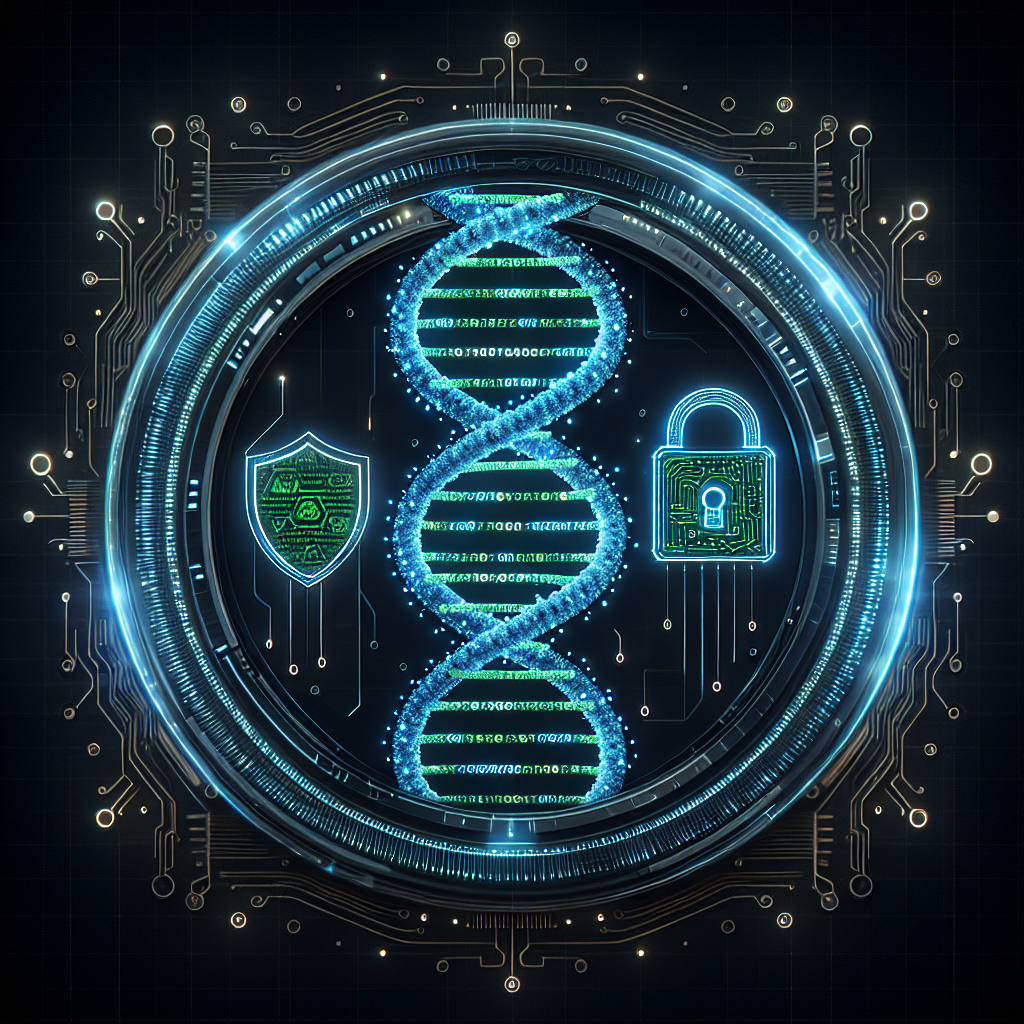Understanding DNA Data Security
In an era where personal data is a hot commodity, DNA data security has emerged as a critical concern. With the rise of genetic testing companies and health databases, individuals are increasingly questioning how their most personal data is protected. DNA data isn’t just a blueprint of who we are; it has the potential to predict health risks, familial connections, and even personal traits, which makes securing this information of paramount importance.
What Is DNA Data and Why Is It Valuable?
DNA data refers to the detailed genetic information that can be extracted from our cells. Healthcare providers, researchers, and even law enforcement use DNA data for various purposes ranging from diagnosing genetic disorders to identifying suspects in criminal investigations. However, its value extends beyond medicine and science. Insurance companies, employers, and third-party data brokers also show increasing interest in accessing genetic information, often for purposes that may not align with the original intent of the data submission.
Current Practices in DNA Data Protection
Most reputable genetic testing companies claim to use robust security measures to protect client data. These measures typically include data encryption, secure storage systems, and protocols for data access. However, incidents of data breaches and unauthorized data sharing have raised concerns about the effectiveness of these protections. The privacy policies of DNA testing companies can often be vague, making it difficult for consumers to understand exactly who has access to their genetic information.
The Legal Landscape
Legally, DNA data protection is a patchwork of federal and state regulations in the United States. The Genetic Information Nondiscrimination Act (GINA) of 2008 prevents discrimination based on genetic information in health insurance and employment. However, this law does not cover life insurance, disability insurance, or long-term care insurance. Moreover, it does not provide guidelines on the storage or handover of genetic data following its initial use. As a result, once outside the health system, the protection of DNA data relies heavily on the policies of the companies holding the data.
Global Differences in DNA Data Security
Internationally, the approach to DNA data security varies significantly. The European Union’s General Data Protection Regulation (GDPR) offers one of the strictest frameworks, providing individuals with substantial control over their personal data, including genetic data. In contrast, other countries may not have specific regulations for genetic data, leaving significant gaps in protection and potentially exposing citizens to genetic surveillance and discrimination.
Challenges and Future Directions
One of the biggest challenges in DNA data security is the balance between advancing scientific research and protecting individual privacy. Data sharing is essential for scientific progress, but it needs to be done in a way that respects the privacy of the individuals involved. Looking forward, enhancing transparency around how DNA data is used and shared will be crucial. Public awareness and understanding are also essential so that individuals can make informed decisions about submitting their genetic information for testing.
Personal Steps to Enhance DNA Data Security
For individuals, the decision to share DNA data should not be taken lightly. It is advisable to research the privacy policies of genetic testing companies thoroughly and to opt-out of data sharing when possible. Additionally, engaging with policymakers and advocating for stronger protections can drive systemic changes that enhance DNA data security for everyone.
Conclusion
The security of DNA data is a complex issue that touches on ethics, law, technology, and personal privacy. As we move forward, creating robust legal frameworks both domestically and internationally will be crucial in ensuring that the sensitive information contained in our DNA is used ethically and protected rigorously.
For further understanding of how personal data is utilized across different platforms, consider reading What Streaming Algorithms Know About You.


